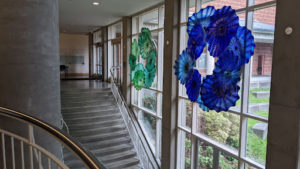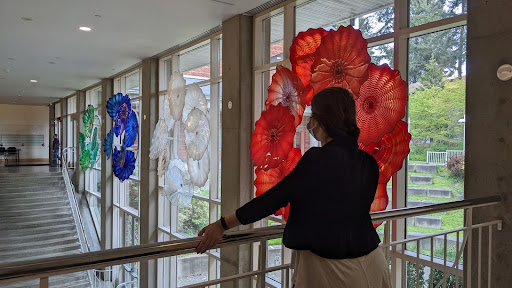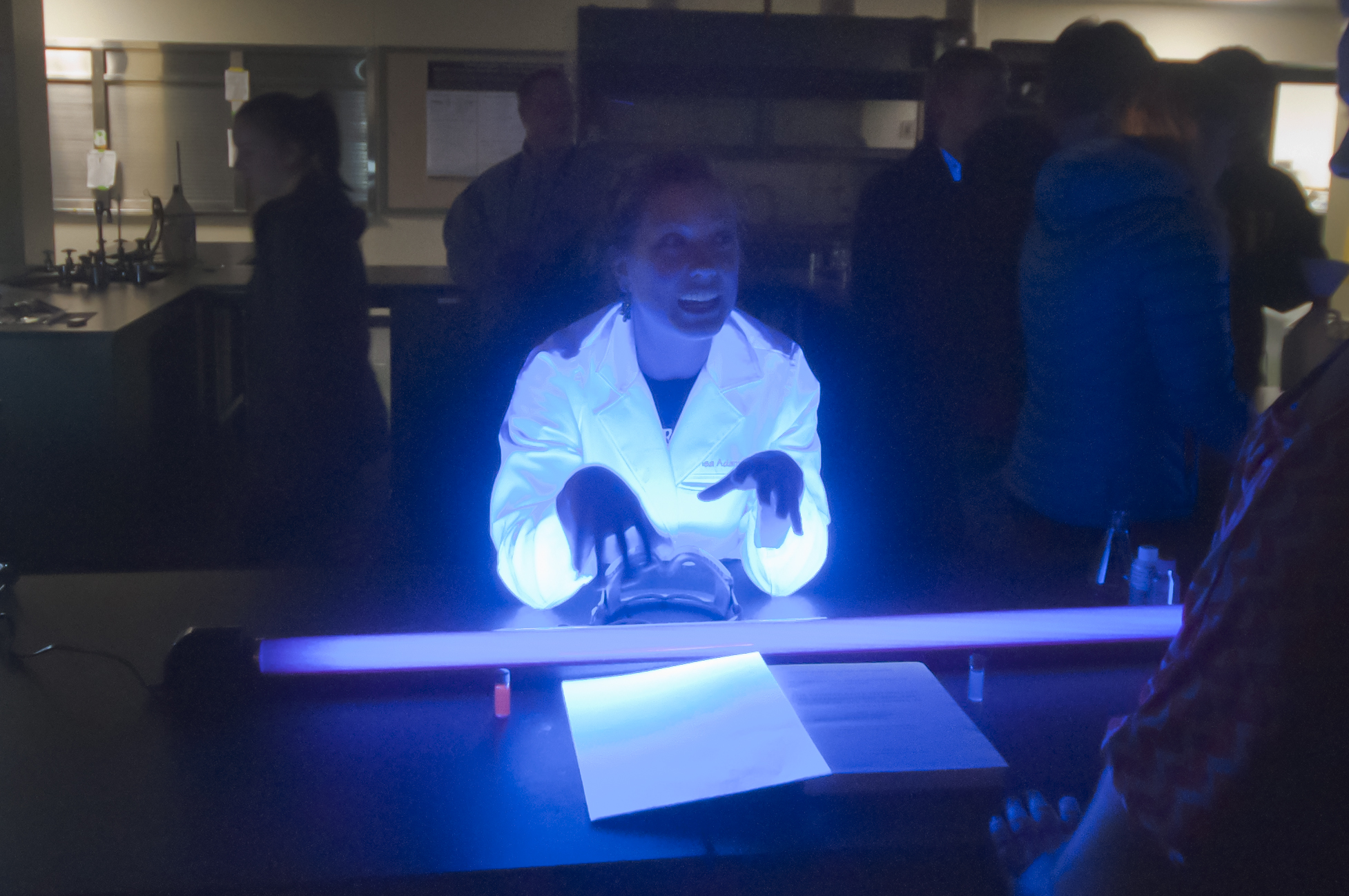By Sarah Fox
Reporter
Over 60 students emailed an open letter addressing the treatment of POC and LGBTQIA+ students in the music program to the Pacific Lutheran University Music Department on April 7.
The letter addressed students’ concerns regarding the primarily white-dominated department faculty, some faculty using incorrect pronouns for students and the overwhelmingly Eurocentric music curriculum, among other concerns.
Over 60 students and several music faculty members signed the letter, showing their support of the letter and its contents.
“No one individual is the sole catalyst of this course of action,” the letter states in its opening address. “This is a collective action to address the harmful and dominating institutional culture of the department of music and its impact on students of color and the LBGTQIA+ community.” It goes on to say the goal of the letter is, “to shine light on the issues we see and provide lasting solutions.”
“A lot of students have these issues and want to make things better,” said Quinn Rasmussen, a Bachelor of Music performance major and one of the letter’s primary contributors.

When asked about the reasons behind the letter, Rasmussen said that over a year ago a small group of students began discussing improvements they would like to see in the music program. The pandemic halted further planning. Once classes began in person again, the discussions resumed.
“I think we decided [at the] end of February or beginning of March that an open letter was the route we wanted to go [with] rather than just more meetings and talking and more private stuff that doesn’t get seen by other students,” said Rasmussen.
As to the circumstances behind the letter’s creation, Rasmussen said, “there was not one incident that was really the lightbulb moment but kind of a collection of experiences that various students have had both this year [and] in past years.”
People in the group realized the issues in the music department are not isolated to one classroom or professor, but are, “a more systemic cultural problem,” according to Rasmussen. The department’s culture is addressed in the letter several times as the authors urge the music department to take steps to, “transform,” the department, “for us to be able to move forward as a united community.”
Many suggestions to improve inclusiveness in the program are outlined in the letter. Some steps include requiring training on diversity, equity and inclusion in the classroom as well as diversifying literature, course offerings, faculty and staff. Some of these changes may already be underway.
“There are a number of things mentioned and called out specifically in the letter, many of which we are already working towards,” said music department Chair Bryan Galante. “It’s hard to be truly transparent and say, ‘here’s what we’re thinking about for the curriculum,’ when many things remain kind of in a constant state of motion.”

Galante went on to say that, ideally, the music department would have the capacity to add more courses to the curriculum, including courses focusing on non-Eurocentric music traditions.
“When we’re talking about adding to [the music curriculum], something has to also come out, which leads to a lot of questions and they are very valid questions,” Galante said. “It’s made harder by the fact that we have actually reduced the number of courses that we can offer rather than expanding.”
At the time of the interview, Galante had not yet been able to meet with the music faculty as a group to discuss the letter, but said that it would be discussed at their next regularly scheduled faculty meeting.
“I think we’re going to try to find a way to at least start conversations [with students] this semester,” said Galante. “They’ll continue on into the fall and we’ll continue to try to look for ways that we can move forward together with the students. I don’t want us ever to feel like we are in opposition because we are here for each other.”
“None of these changes will be easy nor immediate, but that does not mean we shouldn’t be committed to making them,” the letter states in its closing statement.
The letter can be found in its entirety on The Mast’s Instagram page @mastmedia.


















